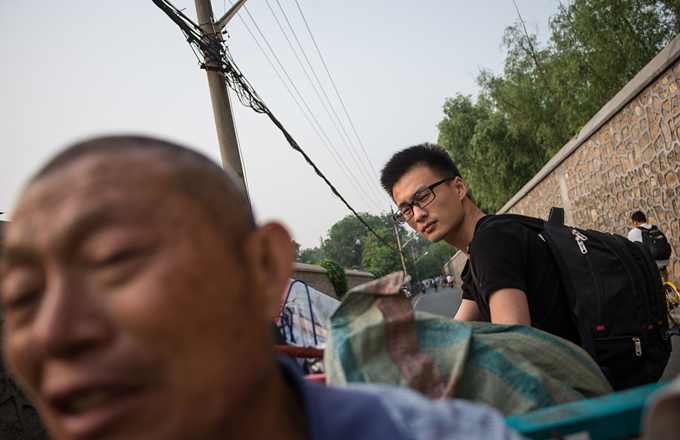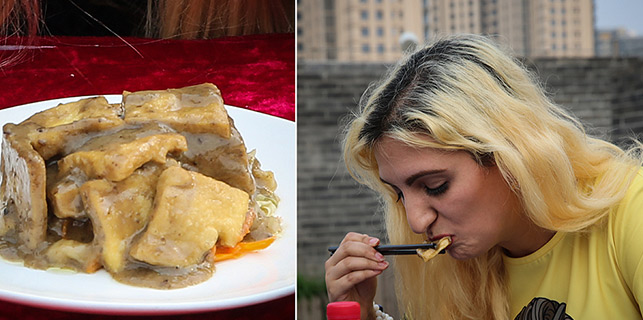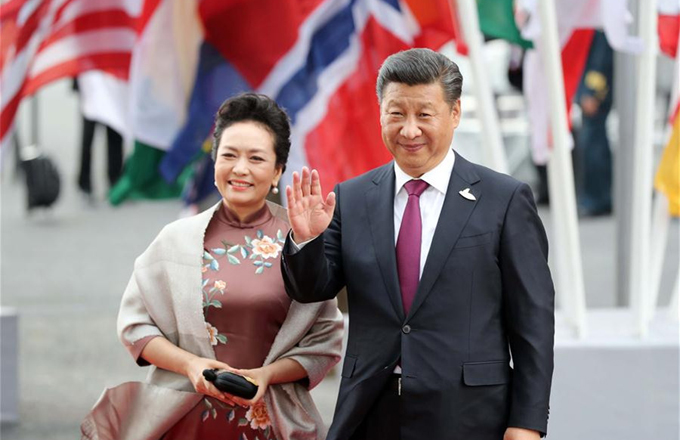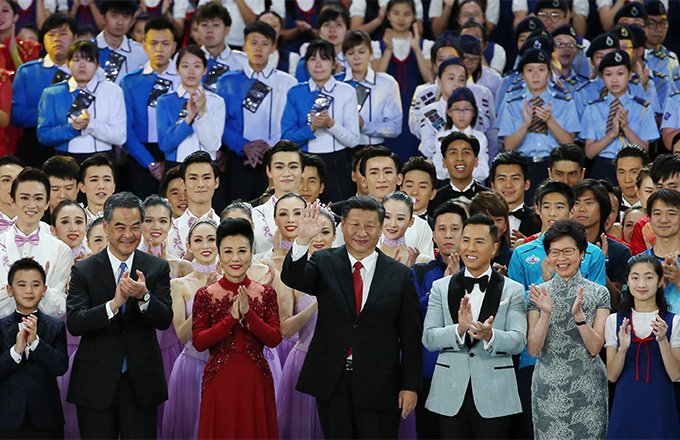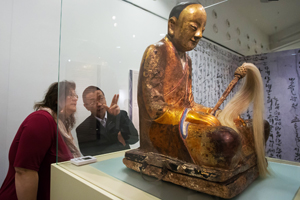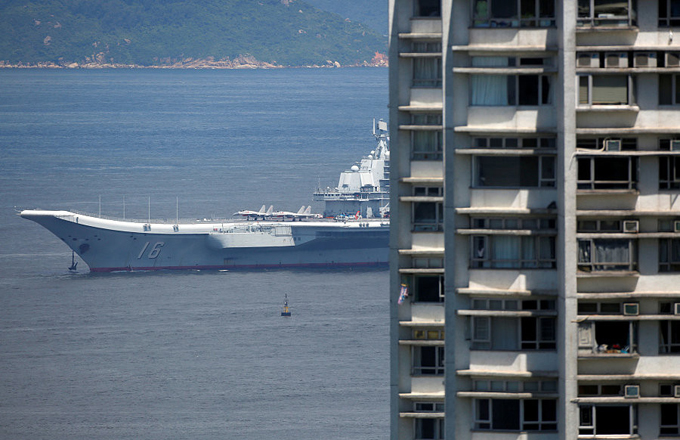Attacks by Taiwan party 'dangerous'
A mainland spokesman said on Friday that repeated, arbitrary attacks on the mainland by Taiwan's Democratic Progressive Party and its leaders constitute dangerous behavior.
Taiwan authorities and the DPP have made reckless remarks on the mainland's political system following Liu Xiaobo's death from illness, said Ma Xiaoguang, spokesman for the State Council Taiwan Affairs Office.
Ma said that Liu was convicted of violating Chinese law. Following his diagnosis of liver cancer, relevant departments and medical institutions of China made all-out efforts to treat him humanely in accordance with the law.
Ma said that the DPP and its leader had lifted the deceptive veil of "maintaining the current situation", attacked the mainland repeatedly and also aggravated cross-Straits conflicts, attempting to pull cross-Straits relations back to turbulence.
"Such behavior is very dangerous," Ma said. Only people on the mainland have the right to judge the mainland's political, economic and social development, he said.
Liu was sentenced to 11 years in jail in December 2009 for inciting subversion of State power. He was released on medical parole after a diagnosis of liver cancer and died of multiple organ failure due to the cancer on Thursday at age 61.
The hospital where Liu received medical treatment did its best to save his life, his main doctor, Liu Yunpeng, said on Thursday night.
"Since the day Liu Xiaobo was admitted, the hospital made every effort in his treatment," said the doctor, who is with the First Hospital of China Medical University in Shenyang, Liaoning province.
Well-known experts from China as well as Germany and the United States were also invited for joint consultations, said Liu Yunpeng, also director of the medical oncology department at the hospital. Doctors with the hospital held 25 consultations, had five joint diagnoses with Chinese experts from outside, and briefed Liu Xiaobo's family on his illness 23 times, Liu Yunpeng said.
Professor Markus Buechler of the University of Heidelberg in Germany and Professor Joseph Herman of the MD Anderson Cancer Center in the United States were also invited to the hospital for joint consultations.
Asked why the patient was not transferred overseas for treatment, Liu Yunpeng said the patient was in critical condition, which did not allow him to be moved.
"The situation was very dangerous. He might have been in need of surgery at any time," the doctor said.
"US and German experts spoke highly of the hospital's work, believing the patient had received quality treatment. They held that hospitals in their own countries could not have done a better job," he said. He also said Liu Xiaobo's type of liver cancer was very hard to diagnose at an early stage and it developed very quickly.
During his last hours, Liu Xiaobo was accompanied by his wife, Liu Xia, and several relatives, according to the hospital.
The arrangements for Liu Xiaobo's funeral will respect the wishes of his family and local customs, with relevant authorities providing assistance if the family requests, China News Service reported on Friday.
The authorities will protect Liu Xia's legitimate rights and interests as a Chinese citizen, the report said.






